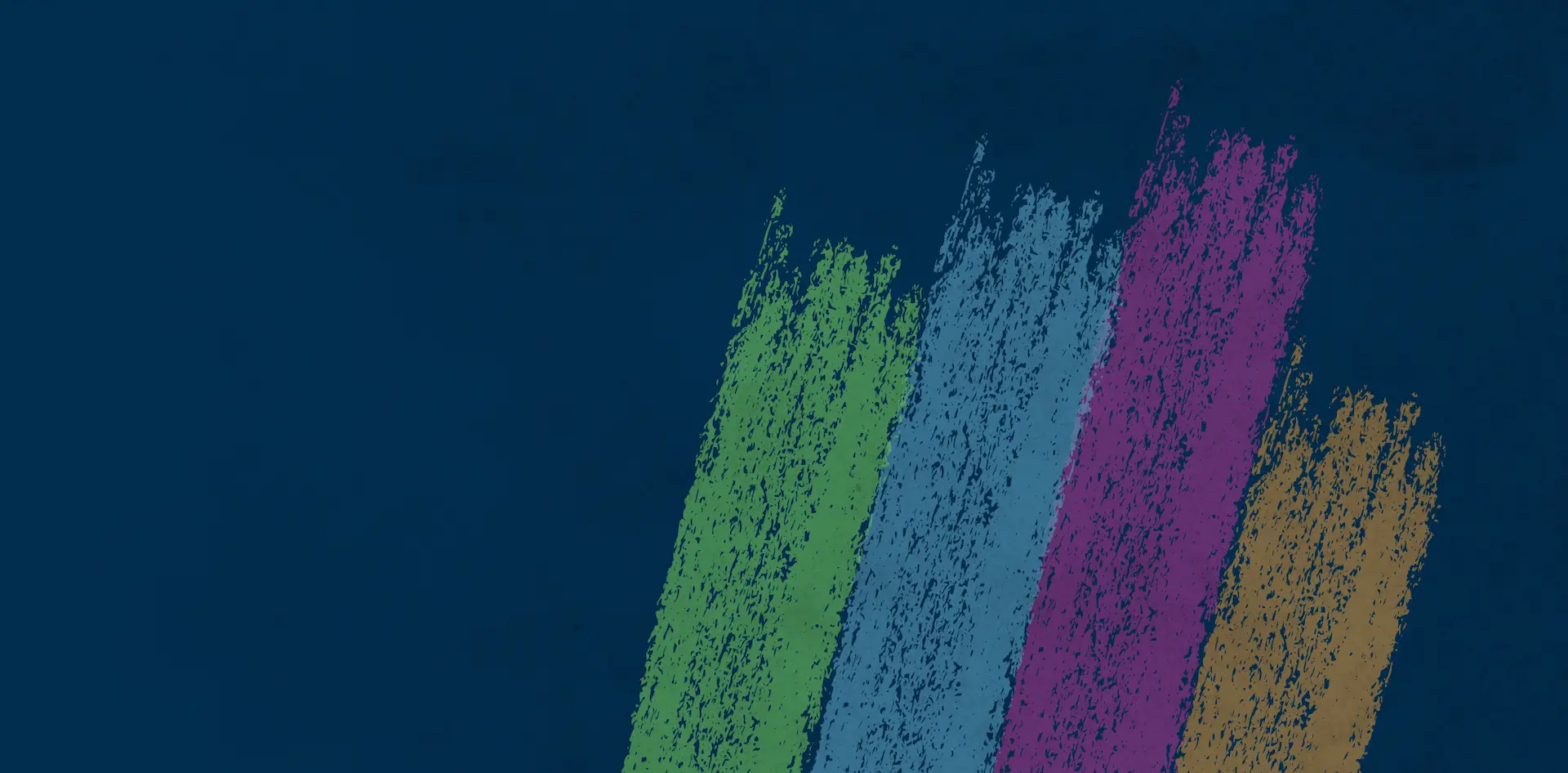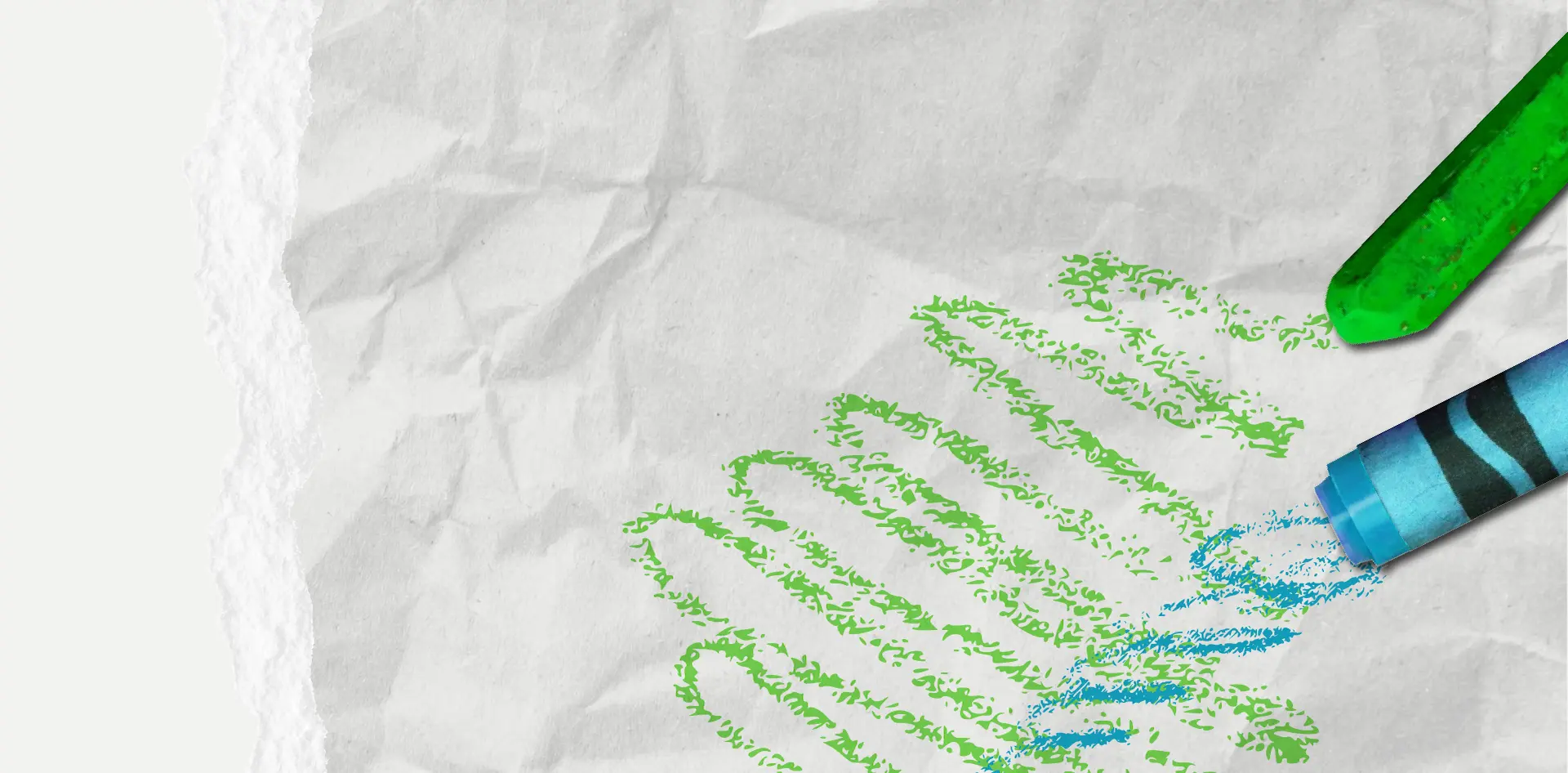
The Rare Moments
Every color tells a story, and we want to hear yours — the stories that offer fresh perspectives, inspire hope in the community, connect unexpected ideas, or simply resonate with you on a personal level.
For Rare Disease Day this February, you’ll find a curation of those stories here — The Rare Moments. Patients, families, researchers, and those dedicated to advancing rare disease treatments will be using this space to share their rare stories. From past experiences with lysosomal diseases to significant highlights of the 2025 Rare Disease Day, and even hopes for the future, you will find diverse and valuable insights that matter to our community and expand our understanding of what it means to live with and work with rare diseases.
Be sure to check back regularly throughout the month for the latest posts, and don’t forget to submit your colorful Rare Moments!
See what’s been shared
We live for the rare moments.
Thank you for sharing and reading this curation from our rare disease community!
Nick Allegretti won his 3rd Super Bowl ring this past weekend as a member of the Kansas City Chiefs! Nick is an advocate for the rare disease community through his work with Uplifting Athletes, where he is currently an active Board Member.
The International Autoimmune Encephalitis Society (IAES) is the only family/patient-centered organization for people with a diagnosis of Autoimmune Encephalitis. The services we provide are all-inclusive, from getting a diagnosis to recovery and the many challenges experienced on that journey. IAES provides science-based information backed by trusted medical experts in the field of autoimmune neurology and relies on the expertise of our Medical Advisory Board. We are an established non-profit organization with a history of supporting Autoimmune Encephalitis Warriors (patients, caregivers, and families) through their journey from diagnosis to recovery.
International Autoimmune Encephalitis Society
Our mission at Every Cure is personal.
This was David Fajgenbaum and I ten years ago at the NIH advocating for rare disease patients.
David was just months out of the hospital on a drug that wasn’t intended for his disease.
Fast-forward 10 years later, we launched Every Cure to offer repurposed treatments to patients who have otherwise run out of hope.
We’re incredibly encouraged by the progress we’ve achieved with limited resources, and we’re even more excited about the potential future impact as we integrate more data, optimize AI algorithms, and investigate our most promising leads.
We are taking on the responsibility of ensuring that every drug is used to treat every disease it possibly can.
It’s a huge responsibility but its desperately needed and we are well positioned to do it.
Go to EveryCure.org to learn more about how you can get involved!
EveryCure.orgWhat does the future of genomic medicine look like?
Join us for our FREE webinar on February 27th, 1-3 pm ET, as we explore some possible answers to this question. Kelly Athman from the Institute for Genomics Education, Workforce & Leadership at Sarah Lawrence College will guide us through our journey into the future with talks from Amy Gaviglio, Billie Lianoglou, and Derek Ansel. We will discuss newborn screening modernization, cutting-edge therapeutic advancements, and the genomics workforce evolution.
This event is open to all. Please register at the link below.
www.sarahlawrence.eduThe Worldwide Rare Disease team just registered for the Rare Disease Day at NIH 2024 event located at NIH Main Campus on Thursday, Feb. 29, 2024, from 9 a.m. to 5 p.m. EST. I’m personally excited to learn more about what the NIH is thinking about in terms of AI during the session, Artificial Intelligence (AI), and Its Potential Role in Rare Diseases. Register at the link below, and see you there.
ncats.nih.govWe have been able to push forward 30 years of work on galactosialidosis disorder one step closer to clinical trial after submitting a pre-IND to FDA in 2024!
Check out our website, below:
galactosialidosis.orgIf being a rare disease patient has taught me anything, it’s that you need to be your own advocate.
There’s a common desire among us when facing health challenges to find a doctor who can provide all the answers, allowing us to simply follow their guidance and not worry about the intricacies of our conditions.
However, my own journey has taught me the value of being an active participant in my treatment plan. Had I adopted a passive approach, accepting the first set of answers without question, my story might have ended differently.
This isn’t about placing undue pressure on ourselves to become medical experts or single-handedly revolutionize treatment options.
Rather, it’s about recognizing the power we hold when we engage actively with our care, seeking out specialized centers, connecting with relevant foundations, and exploring all avenues for the best possible care.
I would love to learn in the comments how have you taken an active role in your healthcare journey!
youtu.beOver the weekend, we attended the Uplifting Athletes 2024 Young Investigator Draft. We are proud to sponsor this event. If you were unable to attend the draft, you can watch a recording of the event on YouTube, link below. Congratulations to all the draftees!
www.youtube.comCome join us at the Glut 1 Deficiency Summit in June 2024! We are excited about our biennial gathering with all stakeholders in our community. There will be a Scientific Session on Jun 26 -27, a Clinical Session on June 28, and a family session on June 29. Registration is now open!
www.g1dfoundation.orgEarlier this week, I watched Brain on Fire on Netflix. This movie details the real-life experience of Susannah Cahalan, a patient with autoimmune encephalitis. Susannah’s accompanying book brings much-needed awareness to this rare disease. If you haven’t watched this movie or read her book, I really encourage it. What a way to kick-start the month of Rare Disease Day!